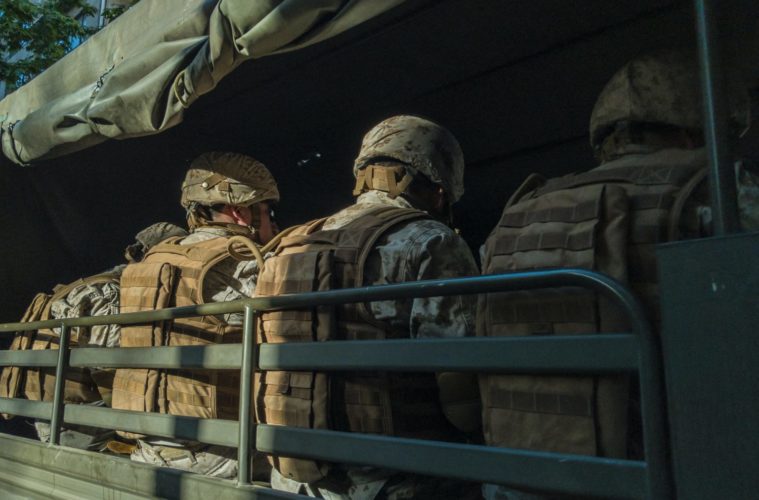The Multidisciplinary Association of Psychedelic Studies announced today that the first controlled trial of cannabis as a treatment for PTSD raised no safety concerns. Further research is needed, however, with higher quality cannabis, to prove its efficacy.
As the authors noted, one of the factors that led to the research in the first place is the widespread anecdotal reports of people finding relief from PTSD symptoms thanks to cannabis. Over the last decade, numerous veterans organizations have popped up to provide medical cannabis access to their comrades to help with the physical and emotional tolls of their service.
The research found the strongest response was to a 9% THC concentration. The study did not find a statistically significant difference in change in PTSD symptom severity between strains with 9% THC, 11% CBD, 8%THC/8%CBD combination versus placebo. Researchers also noted a major factor was the cannabis that’s available for research doesn’t really reflect the higher-grade stuff available in either legal or underground markets.
MAPS funded the study with a $2.2 million grant from the Colorado Department of Public Health and Environment. The research featured 76 predominately male veterans between the ages of 24 and 77 taking part in an FDA-regulated double-blind clinical trial. The vets were randomized and received one of the three strains or placebo. The weed came from the National Institute on Drug Abuse farm at the University of Mississippi. It is not famous for its quality.
“This study served as the first randomized placebo-controlled trial comparing the therapeutic potential of varying ratios of THC and CBD for treating symptoms of PTSD,” said Dr. Marcel O. Bonn-Miller, coordinating principal investigator and lead author of the study. “These data, coupled with those of a recently completed accompanying study also funded by CDPHE, provide better insight into why individuals with PTSD are turning to predominantly-THC-cannabis as a treatment. We now require larger randomized placebo-controlled trials to determine minimally-effective doses of THC needed to safely treat individuals suffering from PTSD while also mitigating risks of cannabis dependence in this vulnerable population.”
Mallory Loflin, Ph.D., co-author of the paper and volunteer assistant professor of psychiatry at UC San Diego School of Medicine, noted one of the biggest takeaways was self-managed doses weren’t seeing a lot of side effects or worsening symptoms in the short term. “That’s what most providers are worried about when their patients with PTSD decide to try cannabis,” Loflin said.
Dr. Sue Sisley has a long history in cannabis medical science with Scottsdale Research Institute. She’s previously sued the DEA for making it so difficult to conduct legit cannabis research. Sisley served as co-author and site principal investigator for the research.
“This study’s safety data and other research in PTSD patients in Colorado using real-world cannabis flower are promising,” Sisley said. “Despite the absurd restrictions federal prohibitionists have placed on research for more than 50 years, we are squarely focused on launching further Phase 2 trials with imported cannabis of tested, higher potency, fresher flowers that will provide a valid comparison for the millions of veterans and others with PTSD who are looking for new options.”
So how long does it take to make this kind of research happen for the first time? Seven years, according to MAPS Executive Director Rick Doblin. He also thinks the biggest difference between the results veterans are seeing in the real world and what happened in the control group is the pot they’ve been forced to use.
“The difference between anecdotal reports and these results may be the quality of the marijuana,” Doblin said. Doblin argues this only cements the need for people like him to have access to good pot. “Higher quality cannabis flower suitable for Food and Drug Administration (FDA) approval is currently unavailable domestically due to restrictions on production imposed by the U.S. Department of Justice and Drug Enforcement Administration and must be imported.”
Advertising disclosure: We may receive compensation for some of the links in our stories. Thank you for supporting LA Weekly and our advertisers.

